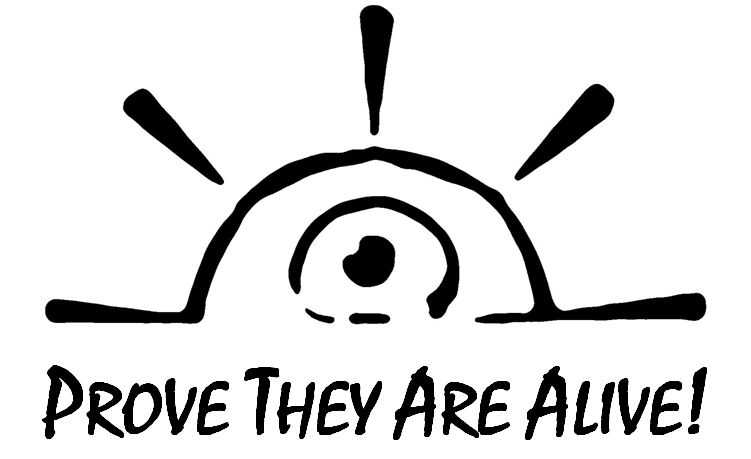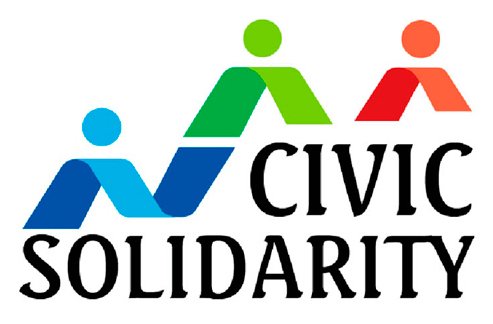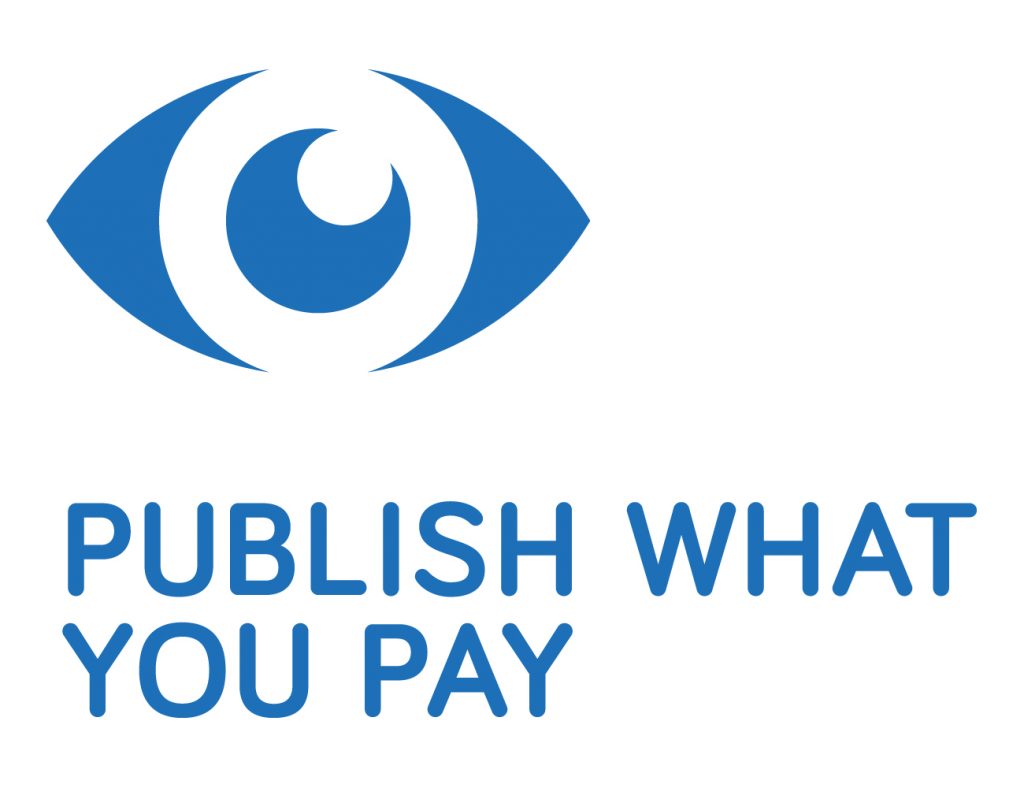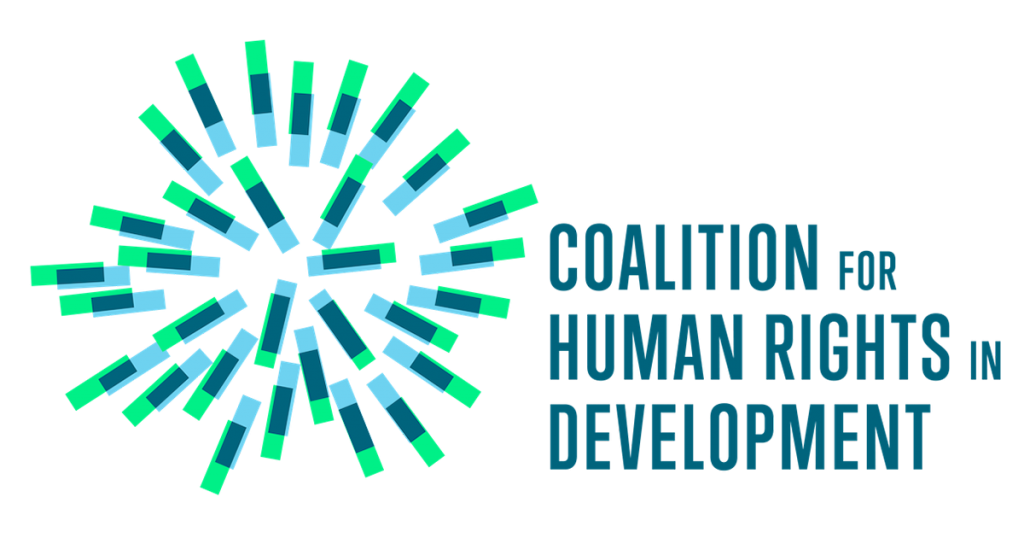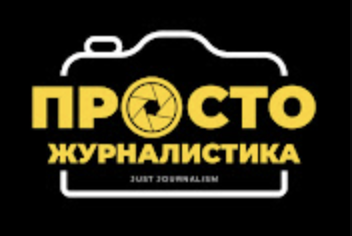Crude Accountability is a consensus-driven organization that is committed to environmental and social justice and to the protection of the Caspian Sea. Crude Accountability was created to implement social change, and is committed to the principles of transparency, community-based activity, and a grassroots approach to social and environmental change. In addition to treating partners and colleagues with respect, Crude Accountability strives to be progressive, equitable and socially conscious in its internal operations and in the actions of its staff and board.
Crude Accountability Staff
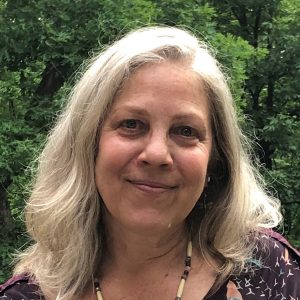
Kate Watters, Co-founder & Executive Director
Kate is co-founder of Crude Accountability and has served as the executive director since its founding in 2003. Kate oversees the management and development of the organization, working with staff and board to build sustainable and effective programs and campaigns. She works closely with activists in affected communities to develop strategies and actions to protect environmental and human rights on the local, national, and international levels. She has worked with human rights and environmental defenders in Central Asia, the Caucasus, and Russia since the early 1990s, has lived in and traveled extensively throughout the region, and speaks fluent Russian. She is the author of numerous reports and articles on civil society in Central Asia and the Caspian region and has been interviewed for print media, radio, and television about the environment, oil and gas, and human rights in the region. Kate holds an MA in Russian Area Studies from Georgetown University and a BA in Russian literature from UMASS-Amherst.
Elena Sorokina, Communications and Research Director
Elena has an M.A. in Media Studies from Syracuse University where she received a scholarship for contribution to free speech and The First Amendment program. At Syracuse University, Elena specialized in studying press and government relations, online activism, and non-profit communications. She also served at The Tully Center for Free Speech at the Newhouse School for Public Communications. She holds a degree in Journalism from Moscow State University where she studied Business Journalism and Media Management. In Russia, Elena worked as a journalist for various Russian and international news outlets and volunteered for election monitoring campaigns. Her reporting was recognized by The Paul Khlebnikov Fund, which supports young democracy-oriented Russian journalists. Prior to journalism and communications work, Elena participated in the Future Leaders Exchange program in Oregon, which sparked her interest in non-profits and environmental organizations.
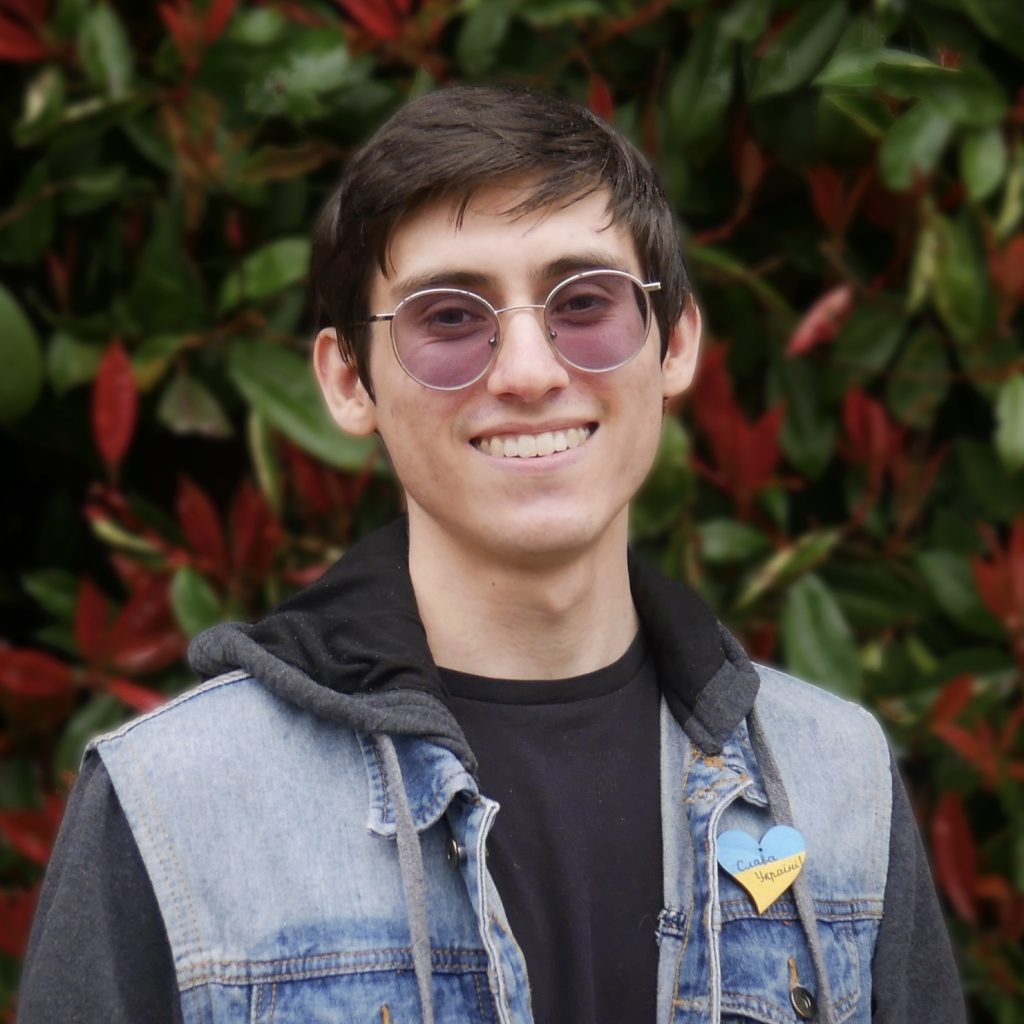
Nathan Reynoso, Communications Assistant
Nathan (he/they) is a human-rights storyteller professional. With a background in performing arts and film production, he shifted from the entertainment industry to the non-profit and NGO sector to raise awareness of global humanitarian efforts and the climate emergency response. Prior to joining Crude Accountability, Nathan worked at the Center for Strategic & International Studies (CSIS) in D.C. within its Streaming & Broadcasting division and at TED as an Editorial Intern. He currently serves as the Digital Content Production Associate at Support Ukraine With Us – a San-Francisco-based humanitarian nonprofit that provides life-saving aid to families near the front line. Nathan holds a BFA in Creative Writing and a BA in Theatre Technology from Chapman University.
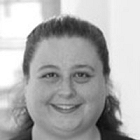
Marian Wiggins, Accountant
Marian has a Bachelor’s Degree in Accounting from The College of William and Mary and has been working in the field for about 18 years. She started out as an auditor for Ernst & Young, where she honed her analytical accounting skills as well as her understanding of financial controls and procedures. Marian then worked for a start-up and a government contracting firm before finding her niche, which is non-profit accounting. For the last 12 years, Marian has worked with several social service non-profits and is currently serving on the board of the Alexandria Friends of Mental Health as their treasurer. She has put into place controls and procedures as well as structured the accounting system in most of the places where she has worked, particularly the non-profits. Marian believes in combining her financial skills with her love of supporting good causes.
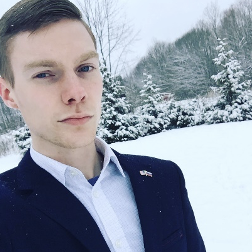
Jeffrey Dunn, Research Coordinator
Jeffrey is a recent graduate from the University of Massachusetts Amherst where he received a BA in Russian, Eurasian, Polish Studies and Political Science with a focus on Russian political, historical, and cultural studies. While studying abroad in Moscow as a Gilman Scholar, Jeffrey participated in the Russian-American Young Leaders’ Summit and volunteered at the American Cultural Center Moscow, working to better relations between the US and Russia through public diplomacy. During his undergraduate studies, Jeffrey participated in a course on Human Rights and Energy in Eurasia where he researched the security implications of Russian investments in transport corridors in Eurasia and ultimately became interested in working with the Crude Accountability team.
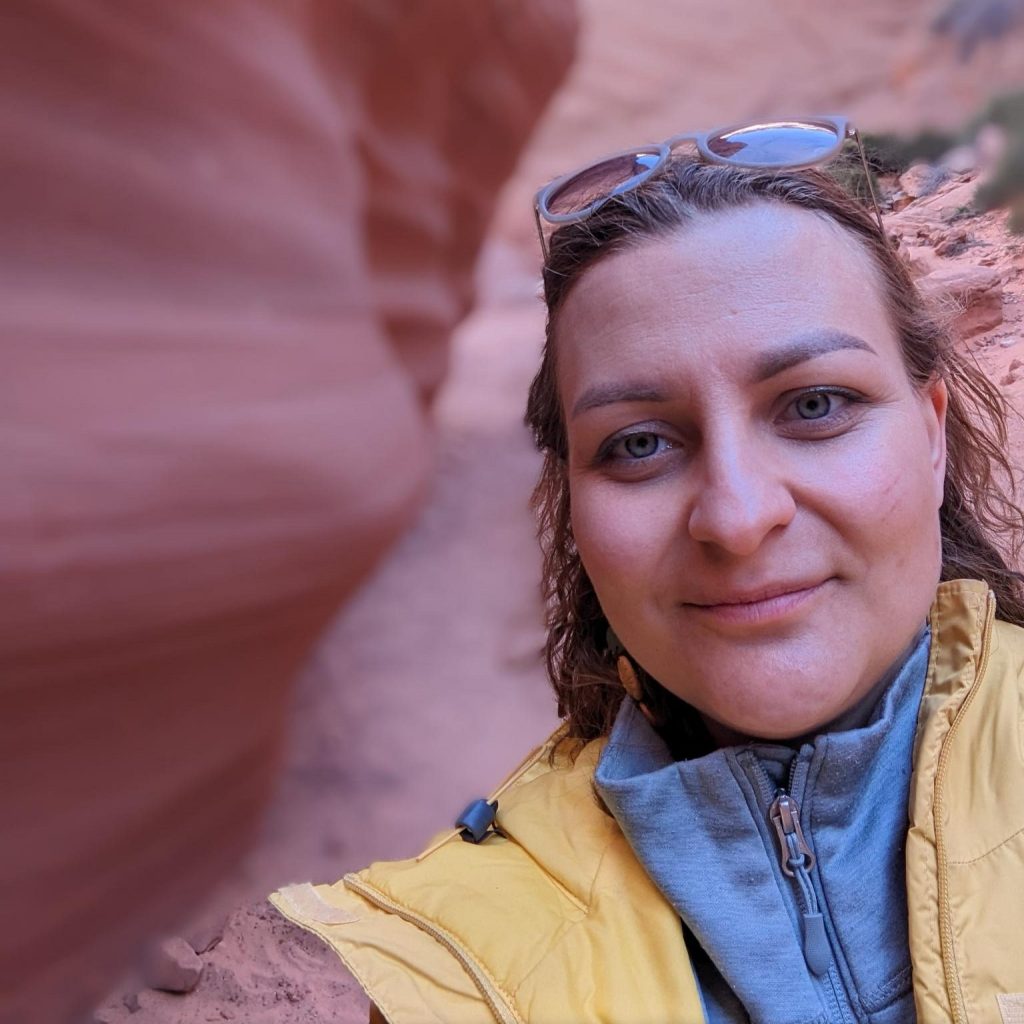
Yulia Genin, Research Assistant
Yulia holds a Master of Laws degree from the American University Washington College of Law where she focused her studies in international environmental law. While in law school, she judged at the Stetson International Environmental Moot Court Competition. Her devotion to international environmental law studies was recognized with the Edward Bou Award and the Solf Award for the highest scholastic average. She also received the Seymour J. Rubin Endowed Scholarship in International Studies. Yulia did her legal internship at the Center for International Environmental Law (CIEL) and the Defenders of Wildlife. Yulia’s career started in Moscow, Russia, where she obtained a law degree from Moscow State Law University. Back in Russia, Yulia volunteered for Russian environmental and human rights organizations.
Crude Accountability Board of Directors
Crude Accountability’s Board of Directors is comprised of activists, scholars, and scientists who are actively involved in a variety of social justice issues. The board meets quarterly via conference call or in-person to discuss policy, management, development, and the strategy of Crude Accountability. Members serve a three-year, renewable term and are voted on to the board by other members in accordance with the organization’s bylaws. Current board members include:
Jennifer Castner is Director of Eurasian Wildlife and Peoples, a non-profit organization that partners with frontline leaders to protect and advocate for natural landscapes, wildlife, Indigenous peoples, and traditional lifeways in Eurasia. She has been involved in the environmental justice and Indigenous rights movements since 2002 and led the Russia environmental program at an international advocacy organization from 2002-2006 and again in the 2010s. With a long-standing commitment to the region, Jennifer studied at the Moscow Power Engineering Institute in 1992, supported an educational exchange program in Kyiv the early 1990s, and was operations manager for a Russia-focused medical philanthropy organization in the late 1990s. Jennifer has a BA in Russian Language and Linguistics from Bryn Mawr College. She speaks English, Russian, and grants administration and due diligence fluently and is a professional translator as well. She lives in the United States.
Catherine Cosman retired as Senior Policy Analyst at the United States Commission on International Religious Freedom focusing on the former USSR. From 1976-1989 she served on the staff of the U.S. Commission on Security and Cooperation in Europe (the Helsinki Commission) as a senior analyst on Soviet dissent. She worked on Helsinki Watch staff authoring studies on ethnic conflicts in Central Asia and the Caucasus, and human rights in the then-USSR. She lived in Estonia as the Senior Expert of the OSCE Mission, focusing on the integration of the Russian minority into Estonia. At the Free Trade Union Institute (1992-1996), she worked with emerging trade unions in Kazakhstan and Azerbaijan. She managed the Central Asian and Caucasus grants program at the National Endowment for Democracy before joining Radio Free Europe/Radio Liberty where she edited “Media Matters” and “(Un)Civil Societies.” She graduated from Grinnell College. She received an MA in Slavic Languages and Literatures from Brown University. She also studied at the Free University of Berlin and the All-Union Institute of Cinematography in Moscow.
Jelson Garcia, Board Secretary, is an independent consultant specializing in the Asia region’s extractive governance, conflict and peacebuilding, and development finance with attention to accountability, and environmental and social safeguards. He was previously the Asia Pacific Director of the Natural Resource Governance Institute overseeing multi-country teams that informed policy and institutional reform efforts in the oil, gas, and mining industries in Indonesia, Myanmar, and the Philippines. Before joining NRGI, Jelson served as the Asia director for the Bank Information Center where he was responsible for strategic programming and staff operations in Southeast Asia, South Asia, and Mongolia, and program representation in Washington, D.C. Earlier, he served at the Office of the Philippine President, convening State and non-State actor working groups that supported the economic transitions of demobilized combatants and remote populations emerging from armed conflicts. Jelson earned a BA in anthropology and comparative sociology from Macquarie University and an MA in anthropology from the University of the Philippines.
Leanne Grossman, Board Chair, has served on the board for 10 years. She has been involved in social justice efforts for 5 decades, advancing environmental justice, human rights, racial equity, and women’s rights internationally. As a naturalist, Leanne worked for many years for the East Bay Regional Park District and the City of Oakland on unceded Huichin territory in the San Francisco Bay Area. Leanne has guided thousands of kids and adults through diverse ecosystems, including redwood forests, bay woodlands, and along shorelines and wetlands. Leanne formerly worked at Global Options, ISAR, and the Global Fund for Women. Leanne earned a B.A. at UC Berkeley in Criminology and an M.A. at Monterey Institute of International Studies (now Middlebury) in Soviet and post-Soviet policies. She writes about nature on her blog, Nature Rhythms. Leanne is a member of 1000 Grandmothers for Future Generations, which supports youth in their activism opposing climate chaos.
Yörük Işık is a geopolitical analyst based in Istanbul, where he runs his foreign policy social media project, Bosphorus Observer, analyzing military movements on the Turkish Straits. After working in the European Parliament, he spent 17 years in Europe, the Caucasus, and Central Asia, working for a Washington, DC-based nonprofit organization to promote democracy and accountable governments. Mr. Işık studied international relations and Russian foreign policy at the Universities of Kansas, Helsinki, and Amsterdam.
Sebastien Peyrouse, Ph.D., is a research professor at the Central Asia Program in the Institute for European, Russian and Eurasian Studies (George Washington University) and a senior fellow at the East West Institute. He worked for five years in Central Asia, at the French Institute for Central Asian Studies in Tashkent, Uzbekistan (1998-2000, 2002-2005), and was a Research Fellow at Woodrow Wilson International Center for Scholars, Washington D.C. (October 2006-June 2007). His main areas of expertise are political systems in Central Asia, economic and social issues, Islam and religious minorities, and Central Asia’s geopolitical positioning toward China, India, and South Asia. He has edited several volumes on Central Asia and has published a monograph, Turkmenistan. Strategies of Power, Dilemmas of Development (Armonk: M. E. Sharpe, November 2011), and, with Marlène Laruelle, The ‘Chinese Question’ in Central Asia. Domestic Order, Social Changes, and the Chinese Factor (London, New York: Hurst, Columbia University Press, December 2011) and Globalizing Central Asia: Geopolitics and the Challenges of Economic Development (Armonk: ME Sharpe, 2012).
Neil Tangri, Board Treasurer, is Science and Policy Director at the Global Alliance for Incinerator Alternatives, of which he is a founding member. He is a climate scientist and oceanographer and has worked on international governance of plastics, international climate policy, carbon markets, climate and development finance, waste management, and other environmental and environmental justice issues. He has a Ph.D. from Stanford University and a captain’s license from the US Coast Guard.
Kate Watters is co-founder of Crude Accountability and has served as the executive director since its founding in 2003. Kate oversees the management and development of the organization, working with staff and board to build sustainable and effective programs and campaigns. She works closely with activists in affected communities to develop strategies and actions to protect environmental and human rights on the local, national, and international levels. She has worked with human rights and environmental defenders in Central Asia, the Caucasus, and Russia since the early 1990s, has lived in and traveled extensively throughout the region, and speaks fluent Russian. She is the author of numerous reports and articles on civil society in Central Asia and the Caspian region and has been interviewed for print media, radio, and television about the environment, oil and gas, and human rights in the region. Kate holds an MA in Russian Area Studies from Georgetown University and a BA in Russian literature from UMASS-Amherst.
Yevgeniy Zhovtis is a director of the Kazakhstan International Bureau for Human Rights and Rule of Law, founder and board member of the “Bota” Foundation, and a participant in a Working Group on Reform of Electoral Legislation in Kazakhstan. He has received several honors for his work in human rights, including the 2007 Friedrich Ebert Stiftung Human Rights Award, the 2005 International Helsinki Federation Recognition Award, and many others. In the early 1990s, Mr. Zhovtis worked for what is now the Confederation of Free Trade Unions of Kazakhstan. In 1999, he graduated with honors from the High Law School “Adilet” in Almaty, Kazakhstan. In 2002 he was named the Best Lawyer of Kazakhstan. Mr. Zhovtis has published more than 150 publications on the problems of democratization and economic transformation, and on the human rights situation and rule of law in Kazakhstan, and has lectured extensively on these topics at various universities. Mr. Zhovtis has chaired various committees, such as the Forum of Democratic Forces of Kazakhstan and the board of Directors of “Soros-Kazakhstan” Foundation. He has also participated in a range of institutions including the Consultative Council on the Problems of Public Policy; the Working Group on Abolition of the Death Penalty; the OSCE Expert Panel on Freedom of Assembly; the Expert Council attached to the Commission on Human Rights under the President of Kazakhstan; the Open Society Institute Sub-Board on Law, Human Rights, and more.
Our partners
